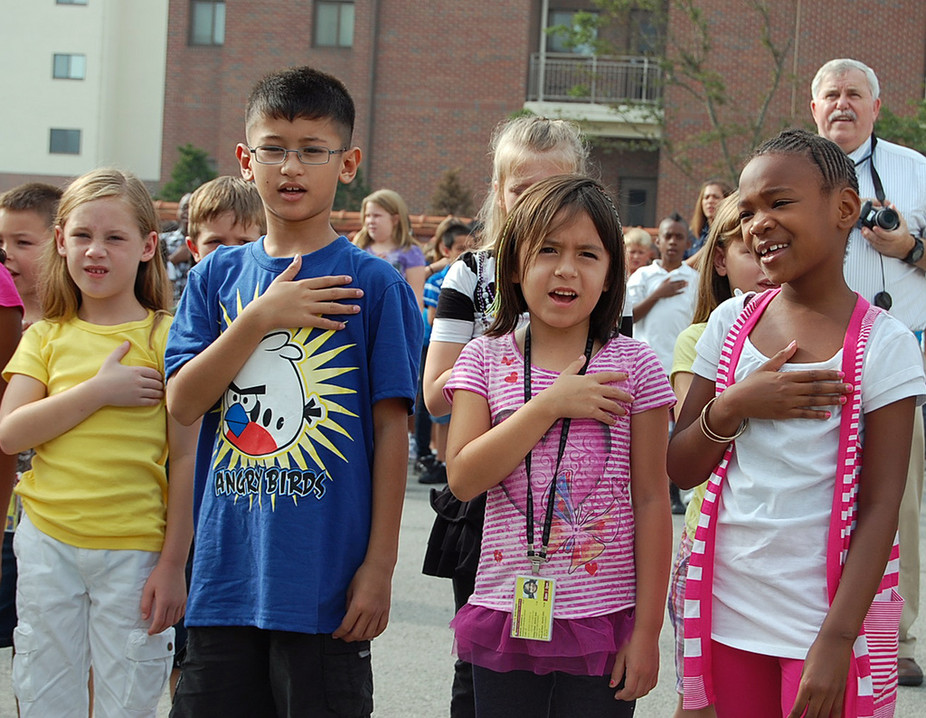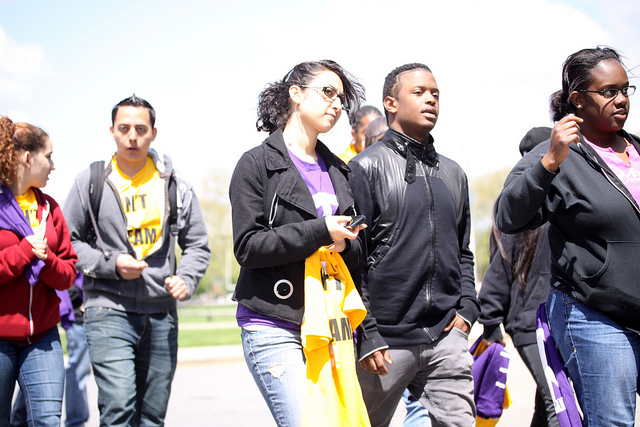Culturally Responsive Training: Exploring Cultural and Student Backgrounds

Once an educator has thoroughly examined their own cultural beliefs, values, and biases, she is ready to begin learning about other cultures. Researchers have theorized that diverse cultures demonstrate common patterns of thought and community behavior. In order to explore these cognitive and behavioral patterns, an educator must be willing to spend a great deal of time reading about and observing the standards and practices of various cultural groups that they will be dealing with in the classroom.
Attaining a thorough base of knowledge is among the most critical steps that a teacher must take in order to educate students in a culturally responsive fashion. Prospective educators should become familiar with the cultural values, traditions, communication styles, learning preferences, contributions to society, and relationship patterns of their future students. While some of this education can be achieved by simply reading about cultural diversity, it is difficult to truly substitute for genuine interaction and discourse with members of students’ cultures.
While book knowledge about diverse cultural groups can come in handy to a certain extent when designing lesson plans and educational materials, one of the most important reasons for truly learning about the cognitive patterns of cultural groups is so that the interpersonal attitudes and behaviors of diverse students can be effectively interpreted in terms of the culture that they’re entrenched in. Traditional teaching environments force students from those and other groups to modify their thought and behavior patterns to fit standard European-American norms or else face academic and behavioral consequences. In a culturally responsive classroom, the onus is instead placed on the instructor to learn about and adapt to the cultural intricacies of the students that they teach.
At first blush it appears difficult to apply knowledge about cultural patterns of thought and behavior to the classroom without falling into the twin traps of over generalization and stereotyping. In order to avoid these problems, the educator’s next task is to engage in a rigorous examination of the general cultural practices of their students. This is the beginning of the personal dimension of culturally responsive pedagogy: learning about the specifics of students’ cultural backgrounds and how those cultural patterns and beliefs can be most positively expressed in a real classroom setting.
This can only be accomplished by viewing each student’s culture as a dynamic and individualized concept. A person’s culture represents the sum of many spheres of influence, including context within history, gender, age, religion, family relationships, group memberships, cultural beliefs and practices, historical context, and level of education; to avoid stereotyping, the educator must view each student as possessing a personalized culture instead of as a member of a homogenous group. At first blush this may appear to be a daunting task, but in practice there are a variety of methods that can be employed to learn more about a student’s cultural heritage and identity.
If used cleverly, classroom assignments can provide a primary window into a student’s cultural beliefs. Writing assignments can play a significant role in gathering information about student thought patterns and tendencies. Interviews with family members, assignments asking students to write about learning experiences that occur outside of school, and assignments involving family stories and traditions all can play a significant role in unearthing information about a students’ cultural heritage. Students’ parents can often be solicited as sources of useful personal information and visiting the neighborhoods where diverse students live can help give educators an idea about the level of social support present and the types of challenges that the student might face outside of the classroom.
References
Culturally responsive teaching is a theory of instruction that was developed by Dr. Gloria Ladson-Billings and has been written about by many other scholars since then. To read more of her work on culturally responsive teaching and other topics, click here to visit her Amazon.com page.




